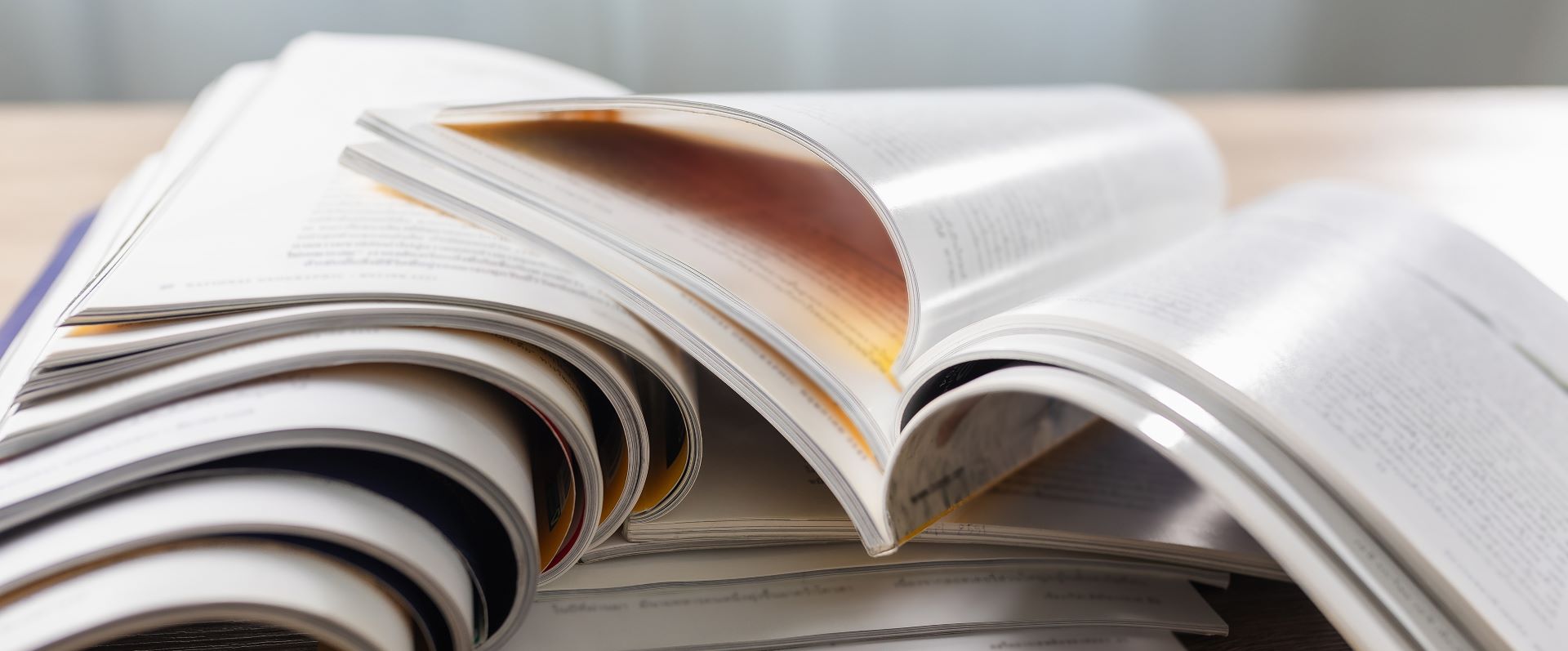Publications

This page lists publications and conference papers submitted by members of CELPiE.
Creative and Curatorial Pedagogy: Teaching the International Innovatively
and Intimately (Dr Laura Mills, School of International Relations –
2023 recipient of the British International Studies Association (BISA)
Award for Distinguished Excellence in Teaching International Studies)